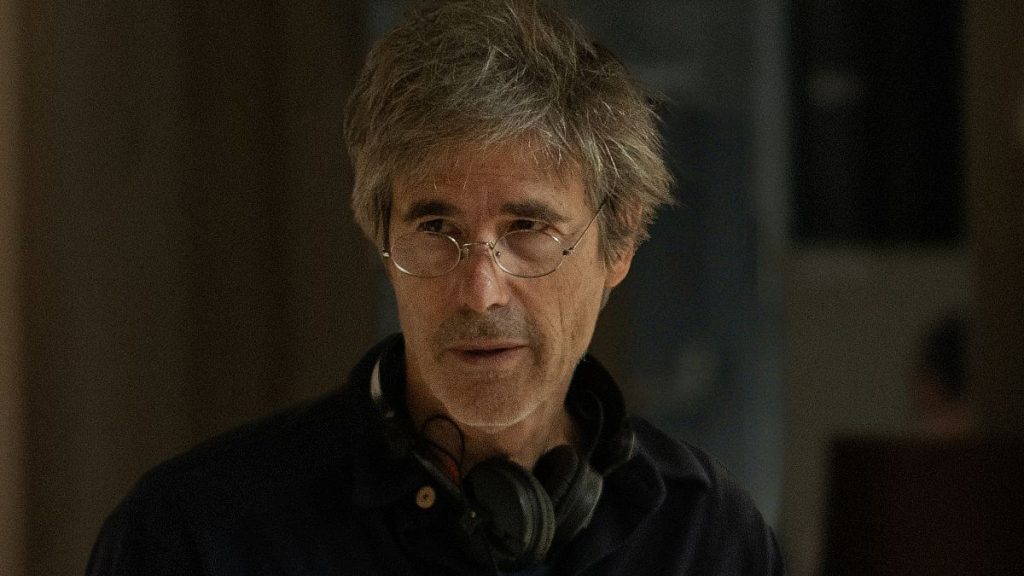Walter Salles, the acclaimed Brazilian director, returns with “I’m Still Here,” a deeply personal film exploring the resilience of a family during Brazil’s military dictatorship. The film, which premiered at the Venice Film Festival and is Brazil’s entry for the Best International Feature Oscar, marks a reunion for Salles with veteran actresses Fernanda Montenegro and Fernanda Torres. Salles’ presence at the Marrakech International Film Festival provided an opportunity to discuss not only his latest work, but also his admiration for African cinema and the growing concerns surrounding artificial intelligence in the film industry. His film, a strong contender for awards season recognition, stands as a testament to the enduring power of human stories in an increasingly technologically driven world.
“I’m Still Here” draws from Salles’ own adolescent experiences, recounting the story of a family he befriended during the oppressive years of Brazil’s military regime. This family, a stark contrast to the environment of his own home, offered a sanctuary of music, open political discourse, and a vibrant, affectionate atmosphere. The film focuses on the mother of five children and her struggle to navigate the dark times and protect her family, demonstrating the extraordinary capacity for adaptation and resistance in the face of adversity. The narrative weaves together themes of joy, loss, and ultimately, hope, emphasizing the enduring human spirit and the possibility of finding light even in the darkest of circumstances.
Salles’ participation in the Marrakech International Film Festival, a celebration of global cinema, underscored his profound appreciation for the diversity and richness of cinematic expression from around the world. He described the festival’s lineup as “polyphonic,” highlighting the importance of diverse voices in cinema. This appreciation extends particularly to African cinema, which he sees as a burgeoning force, echoing the vibrant and multifaceted cinematic landscape of South America. He emphasizes the vital role of cinema in unveiling unfamiliar aspects of the world and enriching our understanding of different cultures. For Salles, the discovery of new cinematic voices, especially those of first-time directors, is a constant source of inspiration and reinforces his faith in the medium’s transformative power.
Salles’ connection to Morocco is particularly significant, fueled by his fascination with the country’s rich cultural tapestry, particularly its music and cinema. He cites the film “Trance,” a restored work focusing on a Moroccan musician, as a pivotal influence, igniting his passion for the country’s artistic expressions. This personal connection adds another layer of meaning to his presence at the Marrakech Film Festival, solidifying his belief in the power of cinema to bridge cultural divides and foster deeper understanding. The festival, for Salles, is not merely a professional engagement, but a deeply personal experience, connecting him with a culture he deeply admires.
The conversation with Salles inevitably turned to the pervasive anxieties surrounding the impact of artificial intelligence on the film industry and the broader creative landscape. He acknowledges the growing concern over job displacement and the potential for AI to homogenize artistic expression. However, he also emphasizes the enduring importance of human-centric storytelling, particularly in a world increasingly saturated with images and the often-numbing influence of social media. He champions cinema’s ability to evoke profound emotional responses and offer alternative perspectives, countering the desensitizing effects of constant digital stimulation. Salles believes that humanist cinema has a crucial role to play in reawakening our senses and reminding us of the depth and complexity of the human experience.
In a world grappling with rapid technological advancements and the looming presence of AI, Salles’ “I’m Still Here” serves as a poignant reminder of the enduring power of human stories. The film, drawing on personal experience and historical context, offers not only a compelling narrative of resilience and hope, but also a powerful argument for the continued relevance of human-centered art in an increasingly automated world. Salles’ work and his insights into the state of cinema highlight the importance of embracing diverse voices, celebrating cultural richness, and resisting the homogenizing forces that threaten to diminish the profound emotional and intellectual impact of art. His commitment to humanist cinema serves as an inspiration and a call to action, urging us to engage with stories that challenge, provoke, and ultimately, reaffirm our shared humanity.














